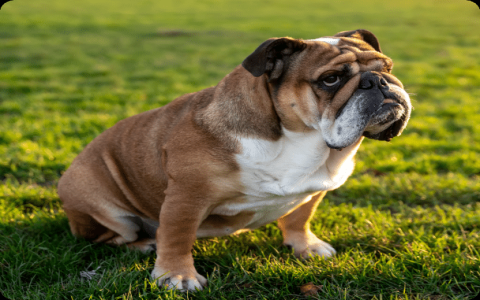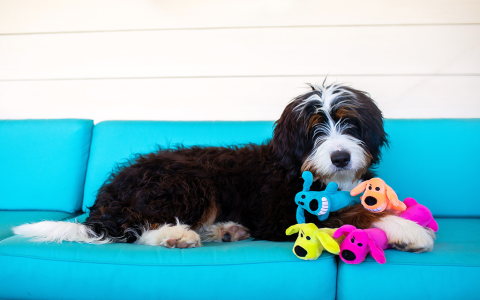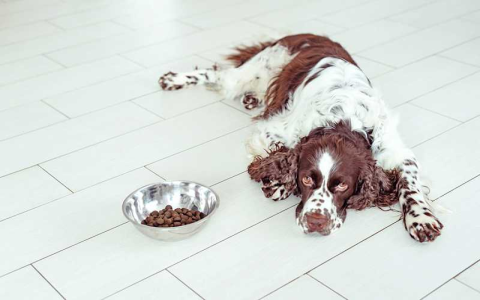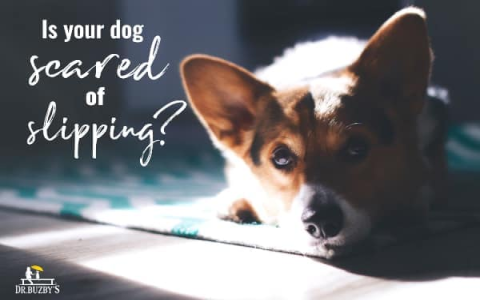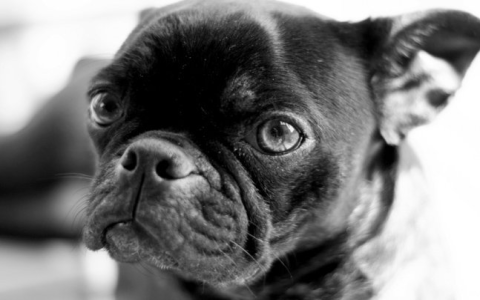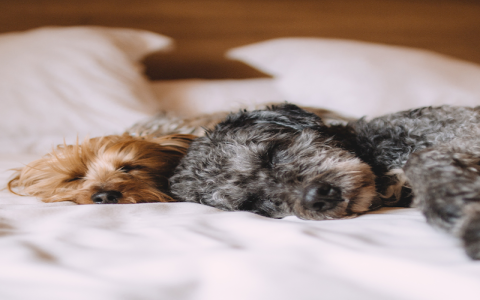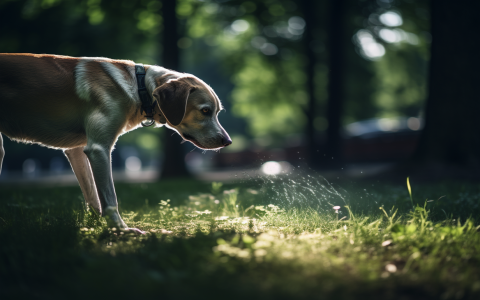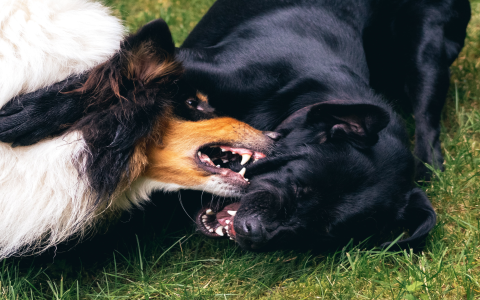Why does my dog keep breathing heavily? Is it normal or an emergency situation?
Okay, let's talk about that scary moment when you notice your furry friend breathing way too hard. It happened to me with my old boy, Buster, a few months back, and it really threw me for a loop.
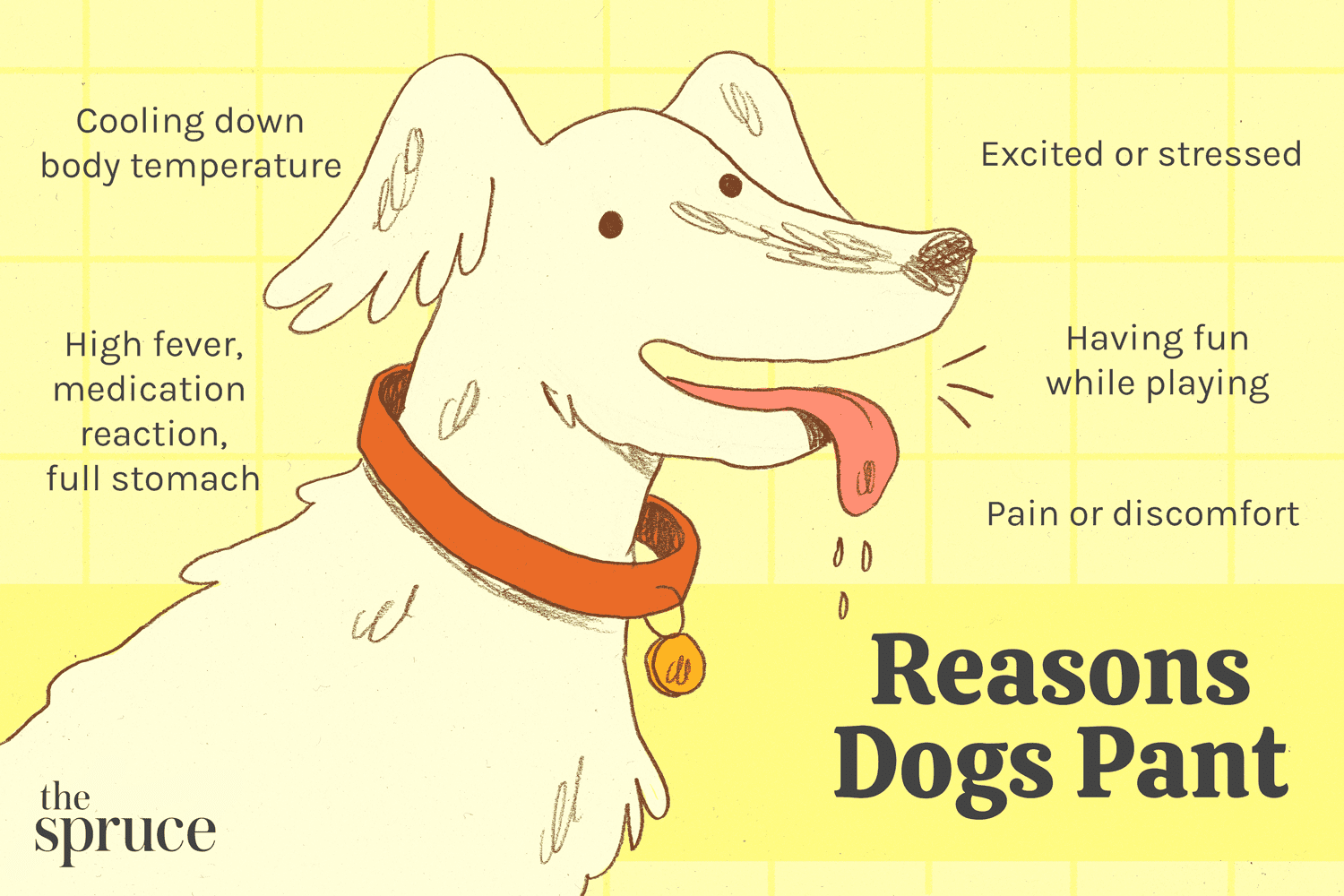
First Spotting the Issue
It was just a regular Tuesday evening. We hadn't been playing fetch like crazy, no long hikes that day. Just chilling in the living room. I looked over, and there was Buster, panting like he'd just run a marathon. Not the usual happy pant after a walk, this was faster, shallower, almost... strained? Yeah, that's the word. Strained.
My first thought was, maybe he's just hot? I checked the room temperature, felt his ears (they weren't overly warm). Gave him some fresh water, which he drank, but the heavy breathing didn't stop right away. That's when the worry really started to creep in. You know that feeling, right? When something just seems off.
What I Did Next
So, I sat with him for a bit. Just observed. Was he uncomfortable? Whining? Pacing? Nope, none of that. He seemed otherwise okay, just breathing really heavily while lying down. I gently checked his gums – nice and pink, not pale or blue, which I knew was a good sign. Felt his belly, no obvious tenderness. Still, the breathing pattern wasn't his normal resting breath.
I remembered seeing stuff online about heavy breathing being serious sometimes. Heart problems, lung issues... a whole bunch of scary possibilities popped into my head. But honestly, just googling symptoms can drive you nuts. You see everything from "he's just dreaming" to "rush to the emergency vet NOW". It wasn't super helpful in the moment, just made me more anxious.
Deciding on the Vet
After about 20 minutes of this heavy breathing with no clear cause, I decided I wasn't going to "wait and see". Buster’s my buddy, and I'd rather be overly cautious. I called my vet's after-hours line. Explained the situation – heavy breathing at rest, no other obvious symptoms, started suddenly.
They suggested bringing him in just to be safe. Honestly, that was a relief. Having a professional tell you the next step takes some of the guesswork out of it.
The Vet Visit and Outcome
Packed Buster into the car. He was still panting, but wagging his tail when the vet tech greeted us. Always a good sign, I guess?
The vet did a thorough check:
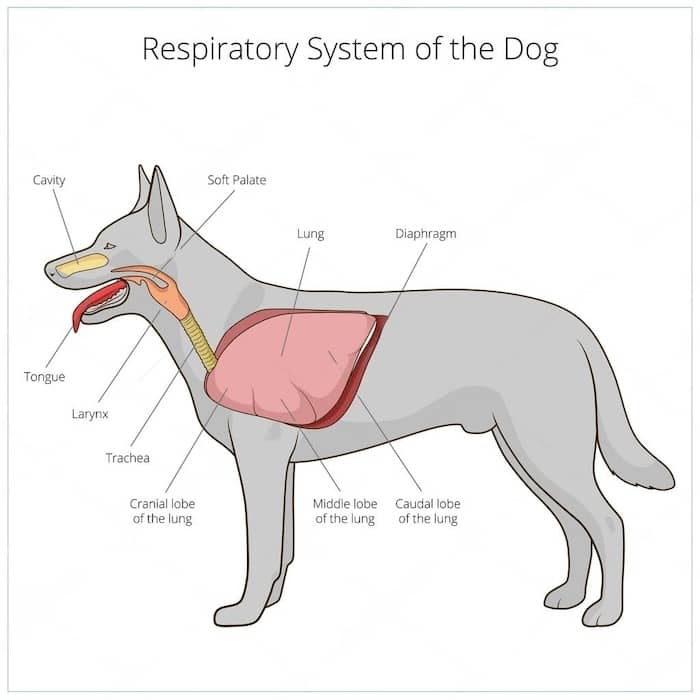
- Listened to his heart and lungs (sounded clear, thankfully).
- Checked his temperature (normal).
- Felt him all over again.
- Asked me a bunch of questions about his day, what he ate, any changes in behavior.
Turns out, after all that worry? The vet suspected it might have been a bit of anxiety or maybe mild discomfort from something minor he might have ingested earlier that didn't quite agree with him. There were no alarming signs of anything critical like heart failure or respiratory distress. His breathing had actually started to calm down a bit by the time we were at the clinic (typical, right?).
The big relief! The vet said to keep a close eye on him overnight, watch for any vomiting, lethargy, or if the heavy breathing returned or got worse. But based on the exam, immediate, serious danger seemed unlikely.
What I Learned
We went home, and Buster settled down completely. By morning, he was totally back to his normal self. That heavy breathing episode never came back like that.
So, what did I take away from this?
- Trust your gut. If something seems off with your dog, it probably is, or at least warrants attention.
- Observe carefully. Noting the specifics (when it started, what else was happening, other symptoms or lack thereof) really helps the vet.
- Don't panic (easier said than done!). While online info can be useful, it can also send you down a rabbit hole of worst-case scenarios.
- When in doubt, call the vet. It's always better to get a professional opinion than to guess, especially with something like breathing. The peace of mind was worth the vet bill, honestly.
It was a stressful evening, for sure, but going through the process and getting him checked out was the right call. Just wanted to share my little experience, in case you ever find yourself watching your dog breathe funny and wondering what to do next.
